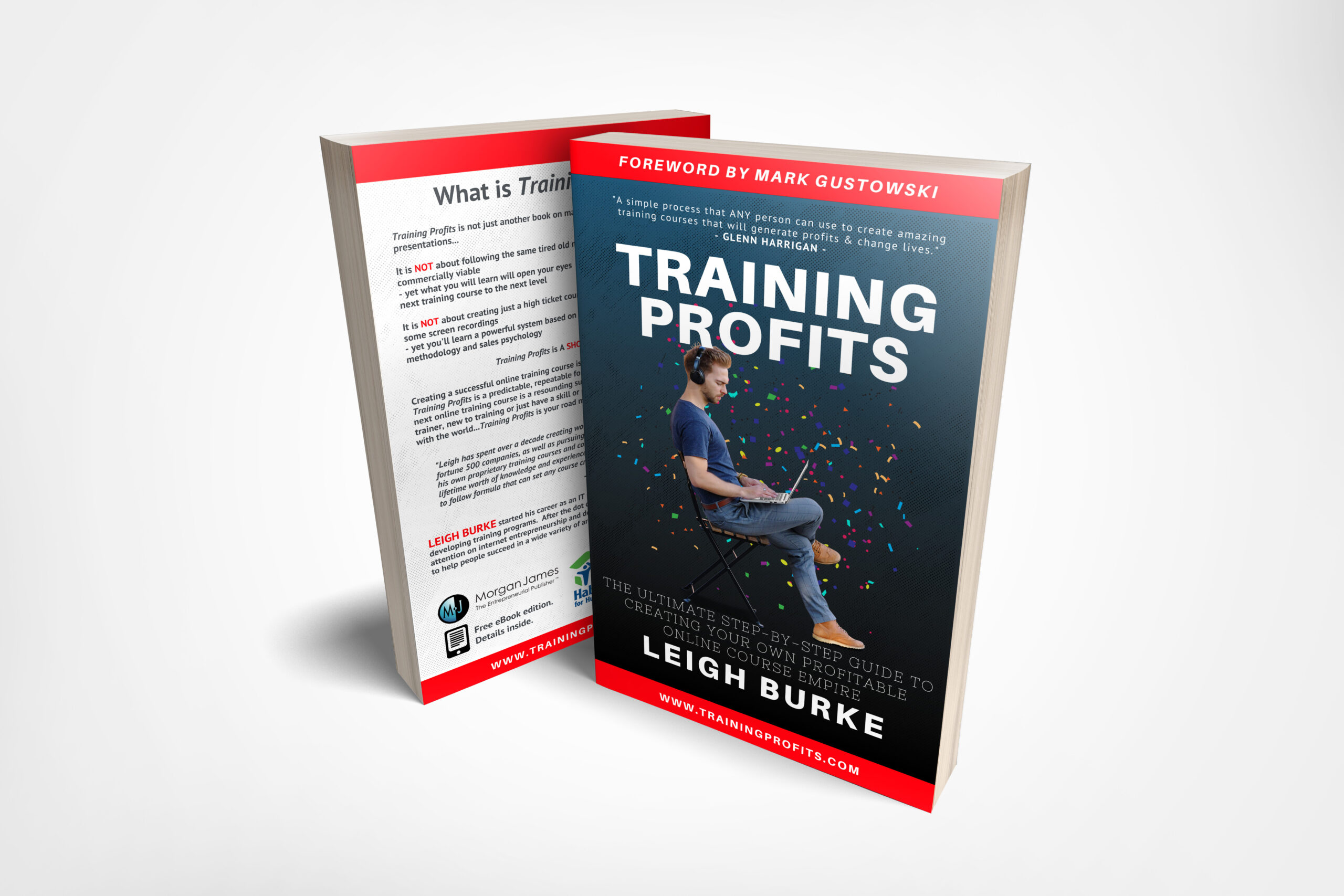Contents
Introduction
Welcome to the ultimate guide on how to successfully launch your own online course! With the rise of remote learning, creating an online course is an excellent opportunity to share your expertise and generate income. In this guide, we will walk you through the step-by-step process of designing, developing, and launching your course. Whether you are a seasoned instructor or just starting, this guide has got you covered.
Key Takeaways
- Creating an online course can be a lucrative venture.
- Proper planning and research are essential before launching your course.
- Engaging content and effective marketing are key to attracting learners.
- Regular updates and improvements keep your course relevant and valuable.
- Collaboration and networking can help expand your reach and success.
Designing Your Course
Before diving into course creation, it’s crucial to define your target audience, determine the course structure, and outline the learning objectives. By understanding your audience’s needs, you can tailor your content to their preferences and ensure a more engaging learning experience. Consider using visuals, interactive elements, and multimedia to enhance the course materials.

Developing Engaging Content
A successful online course requires well-crafted content that grabs learners’ attention and keeps them motivated. Break down complex concepts into digestible modules and present the information in a clear and organized manner. Implement quizzes, assignments, or interactive discussions to encourage active learning and knowledge retention. Don’t forget to incorporate real-world examples and practical exercises to enhance the learning experience.

Marketing and Promotion
Once your course is ready, it’s time to spread the word and attract potential learners. Develop a comprehensive marketing strategy that includes creating an appealing course landing page, utilizing social media platforms, and leveraging email marketing campaigns. Engage with your target audience by offering free previews, webinars, or limited-time discounts. Collaborate with influencers or industry experts to increase your course’s visibility.
Regular Updates and Improvement
To ensure the long-term success of your online course, it’s crucial to regularly update and improve the content. Gather feedback from your learners, analyze their performance data, and make necessary adjustments. Keep up with the latest educational trends and technologies to enhance your course’s value. By continuously refining your course materials, you can provide an exceptional learning experience and foster loyalty among your learners.
Collaboration and Networking
Networking and collaborating with fellow educators and professionals in your field can significantly boost your online course’s reach and success. Attend virtual conferences, join online communities, and actively engage in discussions related to your course topic. By sharing insights, participating in cross-promotion, or even co-creating courses, you can tap into new audiences and establish your authority in the field.
Frequently Asked Questions
1. How much does it cost to create an online course?
The cost of creating an online course varies depending on factors like the course’s scope, production quality, and marketing expenses. It is possible to create a budget-friendly course with free or affordable tools, but investing in high-quality equipment and resources might yield better results.
2. What platform should I use to host my online course?
There are several platforms available for hosting online courses, such as Udemy, Teachable, and Thinkific. Research each platform to find the one that aligns with your course requirements, budget, and desired features.
3. Can I create a course if I’m not an expert in the subject?
While it’s ideal to have expertise in the subject, it’s not always a requirement. As long as you thoroughly research and understand the topic you plan to teach, you can create an informative and valuable course. Be transparent about your qualifications and ensure you provide accurate and well-researched content.
For more detailed information on launching your online course, visit Training Profits.

